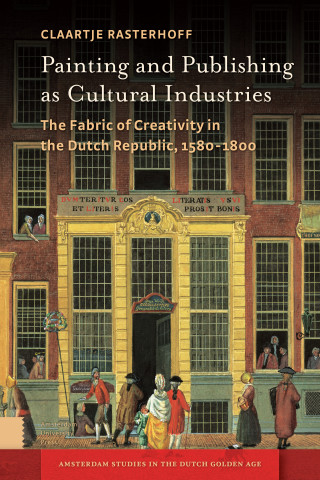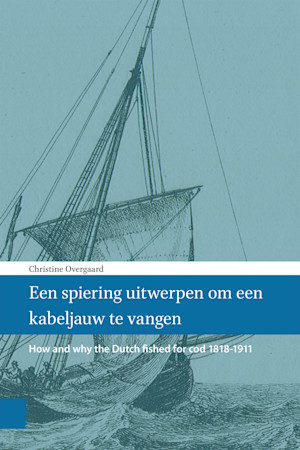Christine Rosenørn Overgaard tells the story in English of how and why the Dutch fished for cod from 1818-1911. Cod fishing was a hook and line fishery. During the 1800s, new vessels and new gear was introduced, especially trawling along the coast in winter in late 1800s. By looking at sources not yet applied in Dutch fishing history she shows how several fishermen fishing for cod ignored these initiatives not because of lack of entrepreneurial spirit, but because of concern for the environment and the cod stock. She examines the business structure in fishing: family business with shared ownership and limited company, including sources showing the importance of social network among ship owners and fishermen. She places cod fishing business within an institutional analysis and development framework, which on the one hand emphasizes the rules the fishermen set for themselves on how, when and where to fish for cod, and on the other hand sees cod fishing as one of several businesses in Dutch (inter)national politics. She illustrates the consequential dilemma facing the ship owners and fishermen when deciding on a profitable or a sustainable business, providing an alternative theory on growth in business, indicating new approaches to current cod fishing.
The Board of Directors and the Scientific Committee of the Flanders Marine Institute (VLIZ) confered the North Sea Award 2014 on Dr. Christine Rosenørn Overgaard for the Scientific contribution: Een spiering uitwerpen om een kabeljauw te vangen. How and why the Dutch fished for cod 1818-1911, Brugge, 2015

